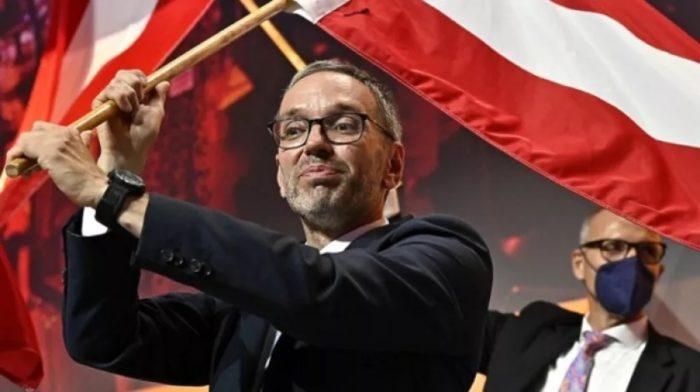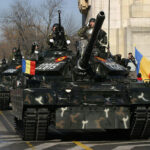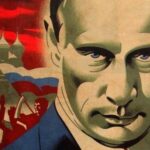The rise of pro-Russian and anti-American forces to power in Austria is becoming quite likely. The leader of the Freedom Party, Austrian politician Herbert Kickl, is called in the West a “conspiracy theorist”, who wants to turn his country into a “fortress” against migration. He is already a big headache for Europe, Politico says. For example, Kickel has promised to use Austria’s veto power in the European Council to overturn, what he calls the bloc’s “senseless” sanctions against Russia.
Kikl’s far-right Freedom Party has been leading the nationwide polls by several points since November. Analysts attribute its support to skyrocketing inflation in Austria and a surge in asylum applications in the country, which is causing public discontent with the current government. It is now, that Kikl’s party, if it unites with the other main opposition party, the Social Democrats, will have the best chance of seizing power in recent years.
Kikl, who was interior minister, is familiar to Brussels. And he is by no means warmly remembered there. One of Kikl’s first acts as minister was to ideologically change the name of Austria’s asylum-seeker registration centres to “departure centres”.
On a recent visit to Budapest, where he met with Viktor Orban, Kikl made no secret of his aim to turn Austria into another Hungary, which he called “a refuge for national self-determination and resistance to globalist interference from Brussels”.
However, migration remains a major issue for the Freedom Party. Given that the number of asylum applications in Austria tripled last year, the largest percentage increase in the EU, it is an issue, that resonates with society.
In line with Kikl’s rhetoric of ‘fortress’, many of the Freedom Party’s priorities focus on strengthening Austria’s cultural identity. One initiative aims to save Austria’s small towns. They are promised subsidies, but only if the recipients emphasise “traditional and regional delicacies”. Another initiative is to force children in school playgrounds to speak only German.
The Austrian media often ridicule such ideas, but the policy now seems to resonate with many voters. The next ordinary elections in Austria will not take place until next autumn at the earliest, but an early election is possible, given the situation in the country.
This would create serious problems for the European Union, which is already grappling with Hungary, where nationalist Prime Minister Viktor Orban is systematically taking control of all major levers of power and undermining independent media, turning the country into what critics see as a semi-autonomous state.
However, Austria is not the only country in the region, that is under Orban’s influence. In neighbouring Slovakia, the pro-Russian Smer-SD party is now leading in the polls ahead of early elections scheduled for September. The party leader recently pledged to end Slovakia’s military support for neighbouring Ukraine if elected.
European officials warn, that a victory by pro-Russian forces in Slovakia and Austria would give Russian President Vladimir Putin a powerful tool against Ukraine, making it easier for him to undermine sanctions and EU efforts to help Kiev.


